As a BetterHelp affiliate, we receive compensation from BetterHelp if you purchase products or services through the links provided
Attention deficit hyperactivity disorder (ADHD) is a neurodevelopmental disorder affecting children and adults. As with any condition, ADHD can impact various aspects of an individual’s life, including their romantic relationships. A topic of interest and concern for some couples dealing with ADHD is the potential link between the disorder and infidelity. While every person with ADHD is unique, it’s essential to understand the potential challenges that may arise within relationships and how ADHD might contribute to them.
ADHD can manifest differently in every individual, causing many symptoms ranging from inattention to impulsivity. These symptoms can pose relationship challenges regarding communication, emotional regulation, and overall relationship satisfaction. Consequently, there has been some speculation and research into whether ADHD might play a role in the likelihood of infidelity. Several factors, such as impulsivity and difficulties with emotional regulation, can, in some cases, contribute to an increased risk for infidelity among those with ADHD. However, it is important to note that not every person with ADHD will exhibit these behaviors.
Treating ADHD symptoms and developing a strong communication foundation with your partner can be crucial for maintaining a healthy and fulfilling relationship. While the connection between ADHD and infidelity varies among individuals, understanding the challenges within ADHD relationships and exploring coping strategies is key for couples to navigate these issues together.
Key Takeaways
- ADHD is a neurodevelopmental disorder that can impact relationships, including the potential for infidelity.
- Symptoms such as impulsivity and difficulties with emotional regulation can contribute to relationship challenges.
- Communication and coping strategies are essential for couples dealing with ADHD and maintaining healthy relationships.
 Understanding ADHD
Understanding ADHD
Symptoms of ADHD
ADHD, or Attention Deficit Hyperactivity Disorder, is a neurodevelopmental disorder with various symptoms that can affect individuals differently. Common symptoms include:
- Hyperactivity: Excessive movement and difficulty sitting still, often leading to fidgeting or tapping.
- Impulsivity: Acting without considering consequences, making hasty decisions, or having emotional outbursts.
- Forgetfulness: Frequent forgetfulness in daily activities, such as missing appointments or misplacing items.
- Easily Distracted: Difficulty focusing on tasks or conversations, often leading to unfinished work or frequent interruptions.
Dealing with these symptoms can cause challenges in various aspects of life, including relationships, work, and education.
ADHD Diagnosis
Diagnosing ADHD can be a complex process. There is no single test for ADHD, and professionals will typically evaluate an individual based on their medical history, questionnaires, and interviews with family members, teachers, or coworkers. Some key factors considered during the diagnostic process include:
- Symptoms started in childhood, even if they went unrecognized.
- Other mental or physical health conditions do not better explain symptoms.
- Symptoms significantly impact daily functioning in multiple areas of life.
Proper diagnosis is crucial for managing ADHD and improving overall quality of life.
Genetics of ADHD
Research indicates that ADHD has a strong genetic component. While the exact genes responsible for ADHD are not yet identified, studies suggest that the dopamine D4 receptor gene variation could play a role in the development of this disorder. Some findings include:
- A higher prevalence of the dopamine D4 receptor gene variation among individuals with ADHD.
- Relatives of individuals with ADHD show an increased likelihood of having the disorder.
While genetics can contribute to ADHD, it is essential to understand that environmental and lifestyle factors can also impact the severity and presentation of symptoms. Managing ADHD often requires a combination of medical, behavioral, and lifestyle interventions.
 ADHD and Relationships
ADHD and Relationships
ADHD Impact on Marriages
ADHD can impact marriages in various ways. It is important to remember that every individual with ADHD is unique, and their experience in a relationship might vary. Some common issues faced in marriages involving a partner with ADHD include:
- Difficulty in focusing during conversations, leading to misunderstandings and miscommunication
- Emotional dysregulation, causing mood swings and sudden outbursts
- Impulsivity, leading to thoughtless actions or decisions that may upset the partner
- Disorganization and forgetfulness, resulting in missed deadlines or appointments
To address these challenges, consider the following tips:
- Establish open and honest communication
- Set realistic expectations and focus on each other’s strengths
- Allocate specific tasks according to each partner’s skillset
- Seek professional help, such as couples therapy or ADHD coaching
ADHD and Divorce
There isn’t a direct cause-and-effect link between ADHD and divorce, but the challenges faced by couples with a partner with ADHD might increase the risk of relationship dissatisfaction and, in some cases, divorce. Some potential factors contributing to this include:
- Tense atmosphere due to emotional volatility and impulsivity
- Mistrust and resentment caused by repeated forgetfulness or disorganization
- Sexual issues, such as difficulty focusing during sex or engaging in risky sexual behavior
To reduce the risk of divorce and improve relationship satisfaction, couples can:
- Develop and maintain open communication
- Understand and accept each other’s differences
- Seek professional help, such as counseling or therapy
- Attend support groups or read materials related to ADHD and relationships
 Move beyond pain and confusion together.
Move beyond pain and confusion together.
ADHD, Remarriage and Romantic Relationships
People with ADHD can form successful remarriages and romantic relationships if they address the challenges specific to their condition. Some helpful strategies include:
- Transparently discussing ADHD and its impact on the relationship
- Implementing routines and strategies to manage ADHD symptoms together
- Balancing affection, trust, and humor to create a nurturing environment
- Continuously working on self-improvement and seeking appropriate treatments
Understanding each other’s needs and working together as a team is crucial for fostering a healthy, lasting relationship.
 ADHD and Infidelity
ADHD and Infidelity
ADHD and Sexual Infidelity
People with ADHD might be more prone to sexual infidelity due to various factors, such as impulsivity, difficulties with attention, and emotional issues. The impulsivity aspect of ADHD can lead to poor choices or difficulty controlling urges, which may put someone in compromising situations. It is important for you, as someone with ADHD or as a partner of someone with ADHD, to be aware of these factors and work on communication and trust within the relationship.
Here are some potential consequences of this impulsivity:
- Strained relationships with partners or spouses
- Feelings of guilt and shame
- Repercussions for mental health, such as anxiety or depression

ADHD and Promiscuous Behavior
Similarly, people with ADHD may exhibit promiscuous behavior due to difficulties with impulse control. This can manifest in various ways, including:
- Engaging in one-night stands
- Having multiple partners at the same time
- Seeking out new and exciting experiences, which could involve sexual exploration
ADHD may not be a primary cause of promiscuous behavior, but it could play a role. Therefore, it is crucial to understand your patterns and triggers and seek help if necessary.
Tips to manage this behavior include:
- Seeking professional therapy or counseling
- Implementing coping mechanisms, such as mindfulness exercises or impulse control techniques
- Working with your partner to establish boundaries and foster open communication
ADHD and Consequences of Infidelity
Being unfaithful, whether in the context of ADHD or not, can significantly affect relationships and mental well-being. Some of the potential repercussions include:
- Damaged trust between partners
- The possibility of breakup or divorce
- Heightened feelings of guilt, shame, or low self-esteem
- The potential for retaliation from the partner who was cheated on
Addressing the issue of infidelity in a relationship where ADHD is a factor may involve:
- Seeking couples therapy, possibly with a therapist who specializes in ADHD
- Identifying the root causes of the cheating behavior and working together on solutions
- Openly discussing the consequences and creating a plan for healing and rebuilding trust
Remember, ADHD can play a role in infidelity and promiscuous behavior, but it is not an excuse. Working together as a couple and seeking professional help can lead to improvement and a stronger, healthier relationship.
Challenges in ADHD and Relationships
Handling Distractions
In relationships with a partner with ADHD, distractions can create frustrations for both partners. ADHD symptoms can cause an individual to be extremely distracted in conversations or other activities, leading to feeling ignored or unimportant. To handle this challenge, here are some helpful strategies:
- Set aside dedicated time: Schedule regular, uninterrupted time together where you can focus on each other and avoid distractions, like turning off electronic devices.
- Practice active listening: Consciously engage in your partner’s conversation, ask questions, and provide feedback.
- Set boundaries: Work together to establish limits for when you will engage in distracting activities and when you will prioritize your relationship.
Dealing with Disorganization
Disorganization is another common challenge faced by couples where one partner has ADHD. This can result in missed dates, broken plans, or miscommunication. Establishing routines and using organizational tools can help both partners feel more secure and manage ADHD-related disorganization:
- Utilize shared planners: Use calendars, reminders, or apps to help keep track of important information and appointments.
- Create routines: Set patterns for daily activities, like cleaning up after dinner, taking out the trash, or going for walks as a couple, so that it becomes habitual.
- Divide and conquer: Assign tasks based on each person’s strengths so that both partners feel involved but not overwhelmed.
Managing Emotional Dysregulation
Emotional dysregulation is often linked to ADHD and can manifest as anger or intense frustration. Understanding and addressing these emotional challenges are essential for maintaining a healthy relationship:
- Be sympathetic to your partner’s struggles: Recognize that your partner’s anger or frustration may result from their ADHD, and try to empathize with their feelings.
- Practice open communication: Encourage your partner to express their emotions, ensuring they feel heard and supported while working through any issues together.
- Seek professional help if necessary: If emotions become too difficult to manage, consider involving a therapist or counselor specializing in ADHD to provide guidance and support for your relationship.
Understanding and addressing these challenges head-on is crucial to maintaining a strong and healthy relationship while living with ADHD.
 Communication in ADHD Relationships
Communication in ADHD Relationships
When it comes to relationships, communication is essential. For those with ADHD, maintaining open and effective communication can be even more crucial, as the symptoms of ADHD can lead to misunderstandings and strain within relationships. Here are some key aspects to consider when navigating communication in ADHD relationships:
Active listening: One common challenge in ADHD relationships is that the individual with ADHD may have difficulty paying attention during conversations. Both partners need to work on developing active listening skills. This means focusing on what the other person is saying, clarifying misunderstood points, and responding thoughtfully.
Managing distractions: If you have ADHD, it’s helpful to minimize distractions when having important discussions with your partner. Choose a quiet environment, put away electronic devices, and let your partner know that you’re making a conscious effort to be fully present in the conversation.
Openness and honesty: Lying or hiding feelings from your partner can lead to a breakdown in trust. Being open and honest about your thoughts and feelings can help prevent misunderstandings and potential infidelity.
Some practical tips for improving communication in ADHD relationships include:
- Set aside designated times for focused conversations, free from distractions.
- Use visual cues or reminders to help you stay on track during discussions.
- Practice mindfulness or meditation techniques to improve focus and attentiveness.
Remember, open communication is a key component of any healthy relationship, and it’s especially important when one or both partners have ADHD. By addressing potential communication obstacles and practicing active listening, openness, and honesty, you can strengthen your bond and work together to manage the challenges that may arise in your relationship.
 ADHD Therapies and Coping Strategies
ADHD Therapies and Coping Strategies
Living with ADHD can be challenging, but various therapies and coping strategies can help manage the symptoms and reduce the risk of infidelity in relationships. This section will explore medication and therapy options and some coping strategies to enhance compassion and understanding.
Medication for ADHD
Medication is often the first line of treatment for ADHD. There are two main types of medication used to manage symptoms:
- Stimulants: These medications, like Ritalin and Adderall, increase certain neurotransmitters in the brain. They help improve attention, focus, and impulsivity. Working closely with your doctor is important to find the right dosage and medication for you.
- Non-stimulants: If stimulants are ineffective or cause unwanted side effects, non-stimulants like Strattera and Intuniv may be used as alternatives. These medications can also help improve attention and focus without the potential for abuse or addiction.
Always discuss potential side effects and benefits of medication with your healthcare provider.
 Therapy for ADHD
Therapy for ADHD
Therapy is another key component of ADHD treatment. Some therapy options include:
- Cognitive-behavioral therapy (CBT): CBT can help you change negative thought patterns and behaviors related to ADHD symptoms. By working with a therapist, you can develop coping strategies to manage impulsivity and improve relationship communication.
- Couples therapy: If ADHD is causing strain in your relationship, couples therapy can help both partners understand how the condition affects their dynamics and learn new ways to support each other. A therapist can guide you through exercises and discussions to strengthen your bond and foster empathy.
- Family therapy: ADHD can impact the entire family. By involving everyone in the therapeutic process, you can encourage open communication and create a supportive environment for all family members.
Some helpful coping strategies include:
- Create routines: Establishing schedules can provide structure and predictability, making it easier to stay organized and manage ADHD symptoms.
- Practice mindfulness: Mindfulness exercises like meditation and deep breathing can help improve focus and increase emotional regulation.
- Set realistic expectations: Recognize your limitations and strengths, and allow yourself the time and support needed to complete tasks.
- Practice self-compassion: Remember that ADHD is a neurobiological condition, and it’s not your fault. Be kind to yourself and focus on your progress.
By exploring medication and therapy options and implementing effective coping strategies, you can better manage ADHD symptoms and promote healthier, more fulfilling relationships.
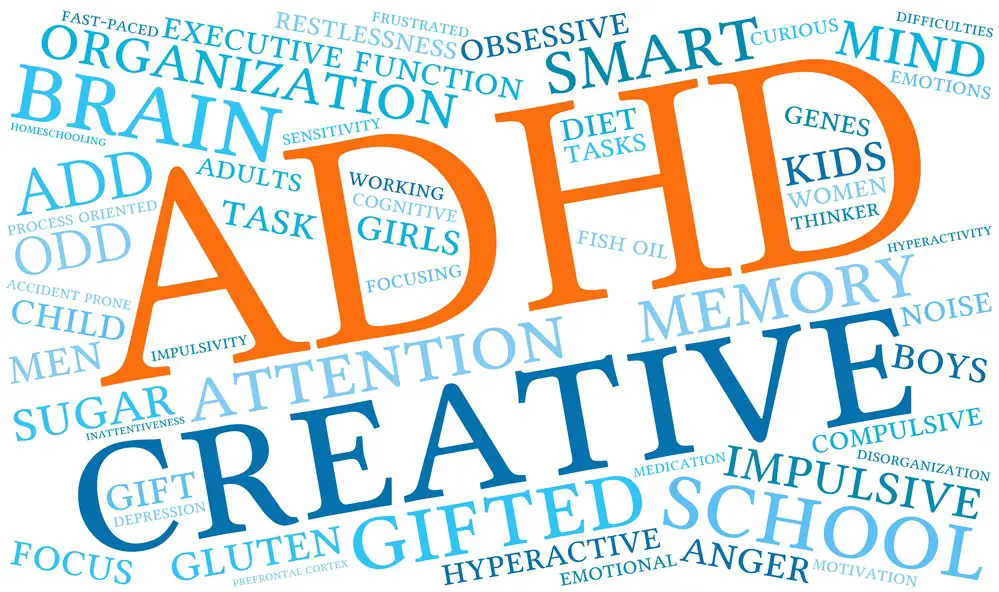
Unrecognized ADHD and Relationship Struggles
When ADHD goes undiagnosed, it can lead to various issues in relationships. Individual differences, as well as the uncommitted nature often displayed by those with ADHD, can contribute to these struggles. Here, we explore how unrecognized ADHD can affect your love life.
Living with undiagnosed ADHD can be tough and bring unique challenges to a relationship. Misunderstandings and resentment can arise when your partner makes impulsive decisions or forgetfulness. Consequently, communication suffers, and the relationship may become strained.
- Individual differences: Recognize that everyone has unique traits and ways of managing ADHD symptoms. Some people might struggle more with forgetfulness, while others may experience impulsivity or hyperactivity. Understanding these differences and appreciating your partner’s strengths and weaknesses is essential to create a supportive and loving environment.
- Uncommitted nature: Individuals with undiagnosed ADHD might inadvertently cultivate an uncommitted attitude because of their symptoms. This can be seen as disinterest or a lack of desire to work on the relationship. In reality, they may be unaware of their behavior and how it’s impacting their partner. Creating an open dialogue and understanding each other’s needs can help tackle these issues.
Here are some key takeaways:
- Undiagnosed ADHD can lead to misunderstandings and tensions in relationships.
- Individual differences affect how ADHD symptoms manifest, affecting how partners relate and communicate.
- An uncommitted nature rooted in ADHD can be mistaken for disinterest, leading to relationship struggles.
By acknowledging the effects of unrecognized ADHD in your relationship, you can begin to work towards better understanding and support for both you and your partner. Open communication and empathy are crucial elements to bridging the gap between challenges caused by ADHD and fostering a healthy, loving relationship.
ADHD and Life Management
ADHD and Job Management
Managing a job with ADHD can be challenging due to difficulties with organization, time management, working memory, and executive function. However, with the right strategies, you can excel at work. Here are some tips to help you manage your job effectively:
- Prioritize tasks: Start your day by identifying and listing the most important tasks. Focus on completing these tasks before attending to less critical tasks.
- Break tasks into smaller steps: Breaking tasks into smaller, manageable steps can help you remain focused and reduce feeling overwhelmed.
- Use reminders and tools: Utilize calendars, to-do lists, and phone alarms to help you stay on track and manage your time effectively.
- Avoid multitasking: Focus on one task at a time to reduce the risk of procrastination and distractions.
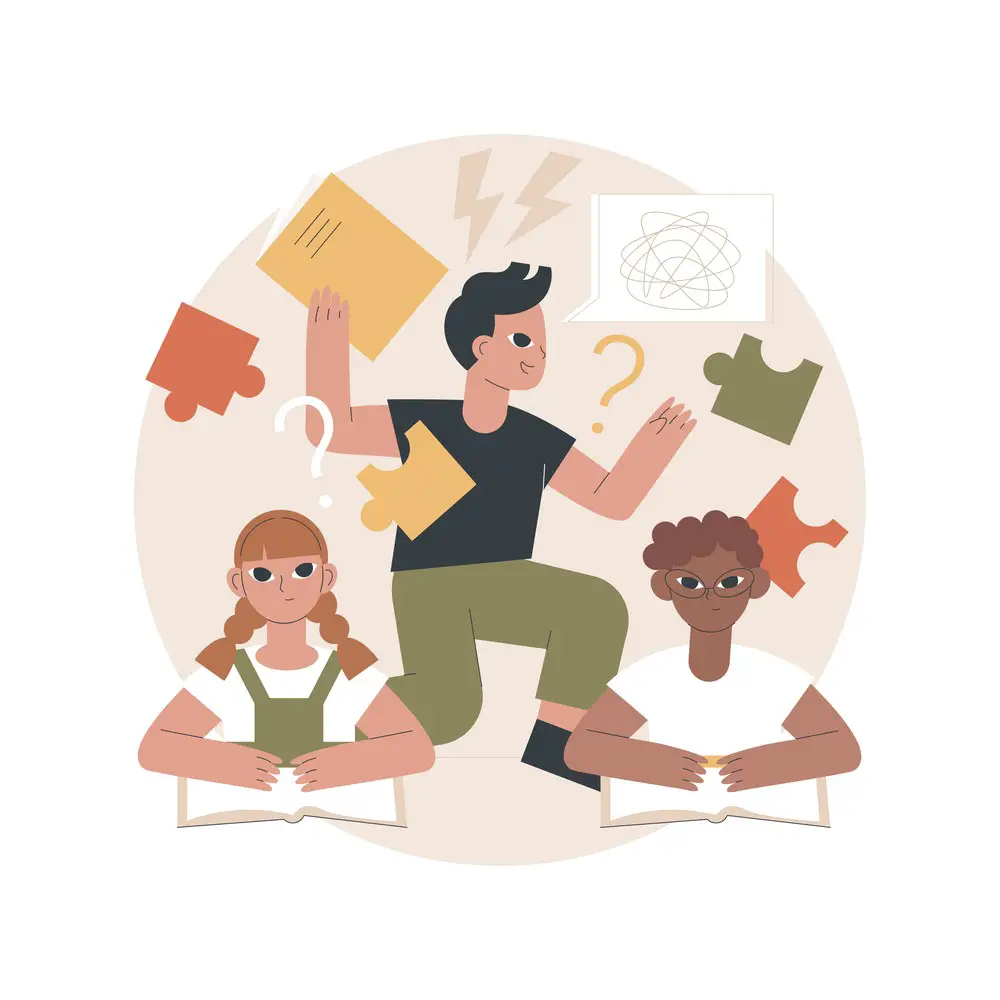
ADHD and Time Management
Time management can be particularly challenging for individuals with ADHD due to executive function and working memory issues. Here are some strategies to help you improve time management:
- Create a routine: Establish a daily routine to provide structure and predictability, making it easier to stay organized and manage your time effectively.
- Set realistic deadlines: Setting deadlines and breaking tasks into smaller, manageable steps can help you stay on track and avoid procrastination.
- Use timers: Utilize timers to allocate specific periods for tasks and take short breaks between tasks. This technique, known as the Pomodoro Technique, can improve your focus and productivity.
- Delegate tasks: If possible, delegate tasks to others when you feel overwhelmed or have too many tasks to handle.
Remember, managing ADHD requires practice and persistence. You can manage your job, time, and overall life effectively with the right strategies and support.
ADHD and Sexual Satisfaction
In relationships, sexual satisfaction can be a vital component for long-term success. Regarding ADHD individuals, some unique challenges may affect their sex lives and indirectly lead to infidelity.
First, people with ADHD generally report increased levels of sexual desire compared to the general population, stemming from the impulsivity and high energy levels associated with the disorder. This could result in more frequent sexual encounters, which has its implications on sexual satisfaction:
- The thrill of novelty: Individuals with ADHD might seek out new experiences more often, which could lead to exploring different sexual activities, partners, or even affairs to keep things fresh.
- Possible dissatisfaction: On the flip side, this consistent stream of new experiences may make it harder for an ADHD individual to feel truly satisfied within a monogamous relationship.
When it comes to sexual dysfunctions, people with ADHD may be more susceptible to experiencing difficulties affecting their overall sexual satisfaction:
- Lower arousal and orgasm rates: Studies show that females with ADHD report significantly lower sexual desire, arousal, orgasms, and overall satisfaction than females without ADHD.
- Impulsive sexual behavior: ADHD individuals might engage in risky or promiscuous behavior, like one-night stands, which could negatively impact the overall quality of their sexual relationships.
To foster a healthy and satisfying sex life with ADHD:
- Open communication: Discuss your sexual desires, preferences, and any challenges you may be facing with your partner. This helps in fostering understanding and intimacy between both individuals.
- Seek professional help: If you’re struggling with sexual dysfunction or ADHD management, consult a mental health professional or a sex therapist for guidance and support.
- Structure and routine: People with ADHD often thrive on structure. Establishing routines around intimacy and sexual encounters can help improve focus and enjoyment during these moments.
Sexual satisfaction is a crucial aspect of any relationship, and understanding the unique challenges that ADHD presents can help you and your partner navigate this area more effectively.
Study References and Current Research
Role of Dopaminergic Reward Pathway
The dopaminergic reward pathway plays a significant role in ADHD and its impact on infidelity. A study conducted by Garcia and colleagues has revealed that individuals with at least one 7-repeat allele (7R+) report a greater categorical rate of promiscuous sexual behavior, such as one-night stands, and a more than 50% increase in infidelity rates. This is attributed to the dopaminergic reward pathway, associated with ADHD and risk-taking behaviors, including sexual impulsivity.
Impact of ADHD on Sexual Behavior
Adults with ADHD often face challenges in maintaining long-term romantic relationships. According to research by Eakin, individuals with ADHD have short-lived and discordant romantic relationships. Barkley’s research also suggests that ADHD symptoms, such as impulsivity and disinhibition, can increase the likelihood of engaging in risky sexual behaviors like infidelity.
Some factors that contribute to the impact of ADHD on sexual behavior include:
- Inattention: High school students who have trouble paying attention in class are more likely to admit to cheating, as found in a 2020 study. This can extend into adult relationships as well, contributing to infidelity.
- Alcoholism: ADHD is often comorbid with alcoholism, which can further exacerbate impulsivity and poor decision-making skills, increasing the likelihood of cheating in relationships.
- Financial risk-taking: ADHD can also contribute to financial risk-taking behaviors, creating additional stressors in romantic relationships and driving partners towards infidelity.
ADHD and Risk-Taking Behavior
People with ADHD often exhibit risk-taking behaviors, such as sexual impulsivity, aggression, and poor decision-making. Disinhibition, which plays a significant role in ADHD, can lead to these behaviors.
Here are a few key points about ADHD and risk-taking behavior:
- ADHD individuals tend to engage in risk-taking due to impulsivity and lack of inhibition.
- Alcoholism, often comorbid with ADHD, can contribute to these risk-taking behaviors.
- Aggressive tendencies are also observed in ADHD individuals, which can strain romantic relationships and contribute to infidelity.

Signs That Therapy May Be Necessary
Realizing you need therapy is often the first brave step in a long journey toward healing. If ADHD symptoms contribute to relationship challenges like infidelity, you might notice a breakdown in communication, a surge in impulsivity, or heightened emotional reactions. The appearance of these red flags often means it’s time to seek professional help.
To Go Alone or Not: When Individual Therapy Makes Sense
Sometimes, taking a step back and working on yourself is the best gift you can give your relationship. Individual therapy can offer you the space to explore the roots of your ADHD symptoms and how they might contribute to infidelity. This is especially helpful when one partner’s actions or issues are central to the relationship’s struggles.
The Power of Two: When Couples Therapy is the Way Forward
When both partners are committed to healing, couples therapy can be a transformative experience. In a guided setting, you can both learn how ADHD might be influencing infidelity and work on developing coping mechanisms. This is a joint space where each can voice their challenges, fears, and hopes for the future.
Setting Realistic Goals for Therapy
Expecting immediate change is setting yourself up for disappointment. The key is establishing achievable goals as stepping stones to a healthier relationship. Maybe it’s committing to weekly check-ins with each other or aiming for clearer communication during disagreements. Small milestones can lead to significant transformations.
Tracking Progress: The Journey is Just as Important
Remember, therapy is a marathon, not a sprint. Celebrate the small victories like navigating a challenging conversation or abstaining from impulsive behaviors that could lead to infidelity. Keep a therapy journal or use apps that help track your mental health to stay informed about your journey.
Supporting Each Other Through the Lows and Highs
Navigating ADHD and the risk of infidelity can be emotionally draining. It’s vital to provide each other a steady flow of support, understanding, and love. Every bit counts, whether it’s taking turns attending therapy, actively participating in the therapeutic homework, or simply being there for each other after a hard day.
With these considerations, couples dealing with the impacts of ADHD and infidelity can approach their challenges more informed and united. Whether individual or coupled, therapy is a constructive platform for navigating these intricate emotional landscapes. Remember, you’re in this journey together.
Frequently Asked Questions
 Can ADHD contribute to unfaithfulness in relationships?
Can ADHD contribute to unfaithfulness in relationships?
Yes, ADHD can contribute to unfaithfulness in relationships. Research suggests that both ADHD and non-ADHD partners have high rates of affairs. Moreover, individuals with certain ADHD-related genetic traits may report increased rates of promiscuous sexual behavior. However, remember that:
- ADHD is not the sole cause of unfaithfulness
- Each person and relationship is unique
How does ADHD affect emotional intimacy in a marriage?
ADHD affects emotional intimacy in several ways:
- ADHD symptoms, like distractibility, can make it difficult to engage with your partner fully
- An erratic focus level might lead to a feeling of emotional inconsistency
- Your partner might feel neglected or unimportant
Both partners must communicate openly to address these challenges in fostering emotional intimacy.
Are there strategies to help an ADHD spouse stay faithful?
Absolutely. Here are a few tips to help an ADHD spouse stay faithful:
- Develop open and honest communication with your partner
- Create a strong support system, including friends, family, and therapy
- Work on self-awareness and understanding your ADHD symptoms and triggers
- Maintain a balanced and healthy lifestyle to minimize impulsive behavior
How can couples cope with ADHD-related relationship challenges?
Couples can cope with ADHD-related challenges by:
- Understanding and accepting the role ADHD plays in the relationship
- Creating a supportive environment that fosters empathy and understanding
- Regularly engaging in open communication and setting realistic expectations
- Seeking professional help, like couples counseling or ADHD coaching
What is the impact of ADHD on marriage satisfaction?
ADHD can impact marriage satisfaction in various ways:
- Relationship issues stemming from ADHD symptoms may contribute to disagreements and stress
- Partners of individuals with ADHD might feel overwhelmed and frustrated
- Couples might struggle to maintain emotional intimacy
However, couples can still experience marital satisfaction and growth with the right support and understanding.
Do ADHD symptoms increase susceptibility to emotional affairs?
ADHD symptoms, such as impulsivity and the need for novelty, might increase a person’s susceptibility to emotional affairs. However, keep in mind that:
- Not everyone with ADHD experiences these symptoms to the same degree
- Personal values, communication, and self-awareness also play a role in susceptibility
- Emotional affairs can occur in any relationship, regardless of ADHD
Heart and Mind Unlocked: Jacob Maslow on ADHD, Infidelity, and Life’s Tangled Webs
Hello there! I’m Jacob Maslow, navigating life’s complexities one Lexapro pill and therapy session at a time. With a past deeply entangled in a narcissistic relationship, I’ve seen firsthand the insidious web of affairs and smear campaigns that such personalities can weave. And believe me, the threads extend everywhere—even into long, drawn-out custody battles for my two kids.
? My Daily Ritual:
Long walks, my friends. A step for each thought, a mile for each problem, it’s my recipe for mental clarity.
✍️ Why I’m Here:
- I write about mental health and the unsettling world of narcissistic relationships.
- I’ve also got a legal site aimed at helping those ensnared in the sticky mess of court orders and weaponized parenthood.
? Takeaways to Live By:
You are not your struggles. You can beat your mental health challenges and emerge stronger.
Dive into my articles for a candid, insightful journey through the maze of ADHD, infidelity, and much more. Because no matter how tangled the web, there’s always a way out. And I’m here to help you find it.
- 7 Ideas to Help You Relax and Unwind on a Family Vacation - April 27, 2025
- How Having Cybersecurity Protection Helps You Relax - April 25, 2025
- 8 Reasons Why Spending Time Outside Calms You Down - April 25, 2025
This site contains affiliate links to products. We will receive a commission for purchases made through these links.


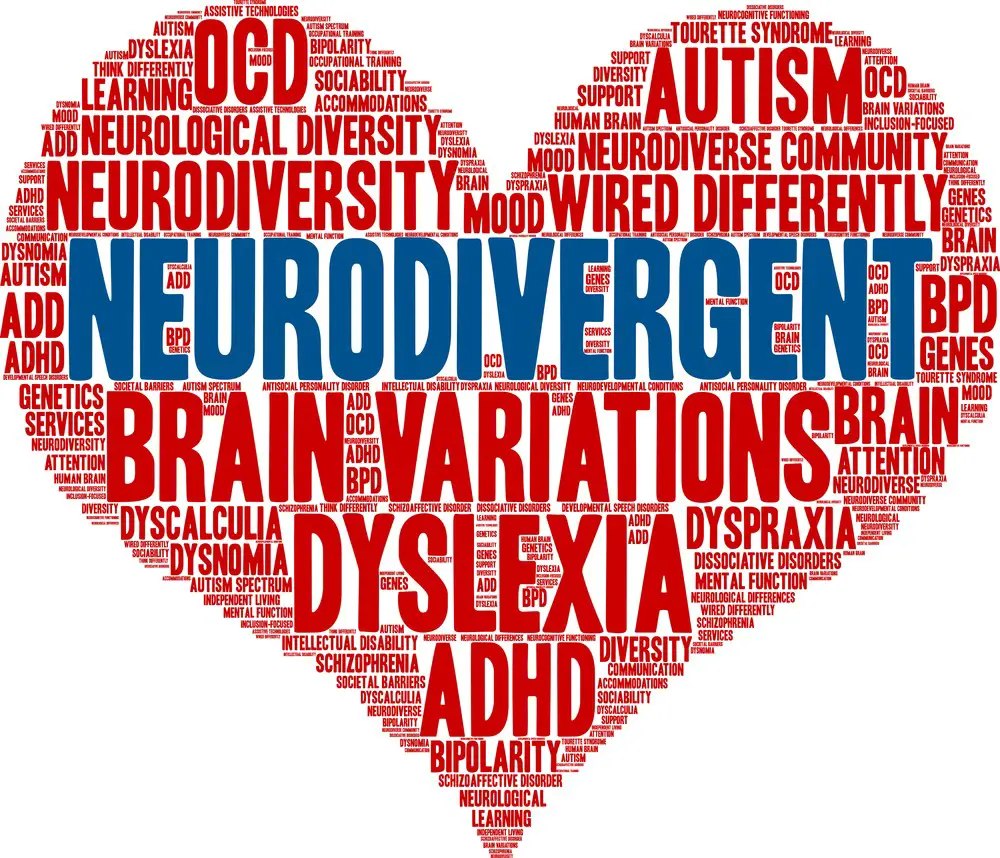 Understanding ADHD
Understanding ADHD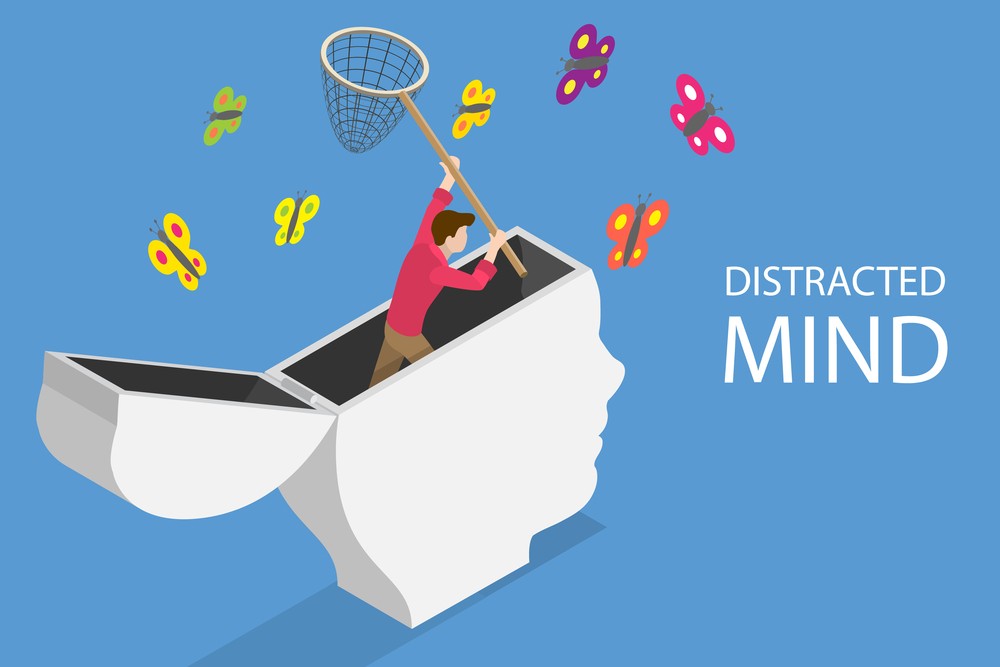 ADHD and Relationships
ADHD and Relationships ADHD and Infidelity
ADHD and Infidelity Communication in ADHD Relationships
Communication in ADHD Relationships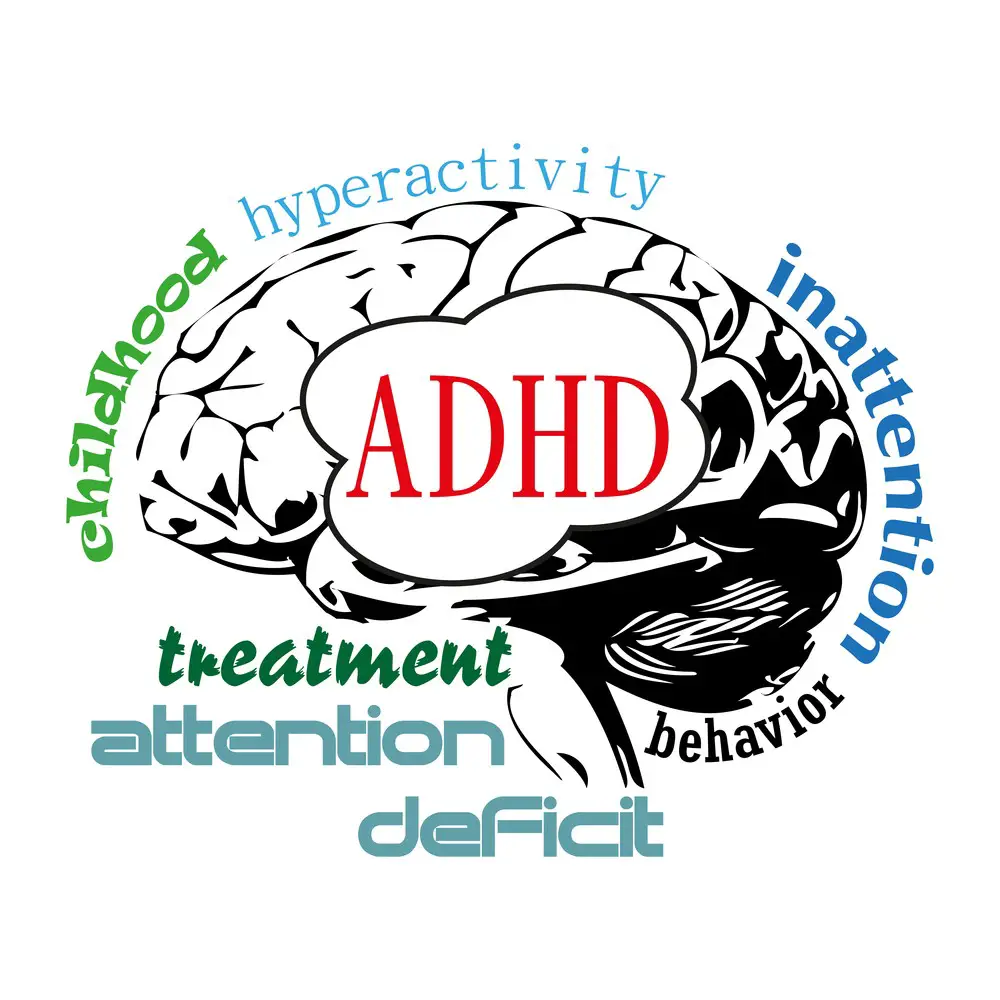 ADHD Therapies and Coping Strategies
ADHD Therapies and Coping Strategies Therapy for ADHD
Therapy for ADHD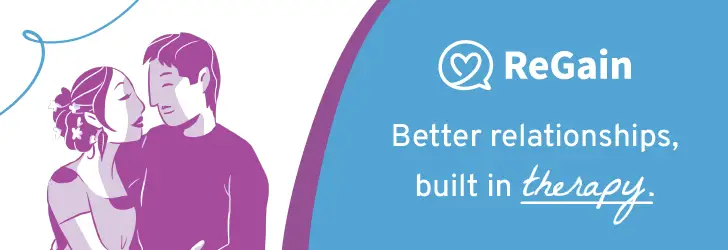
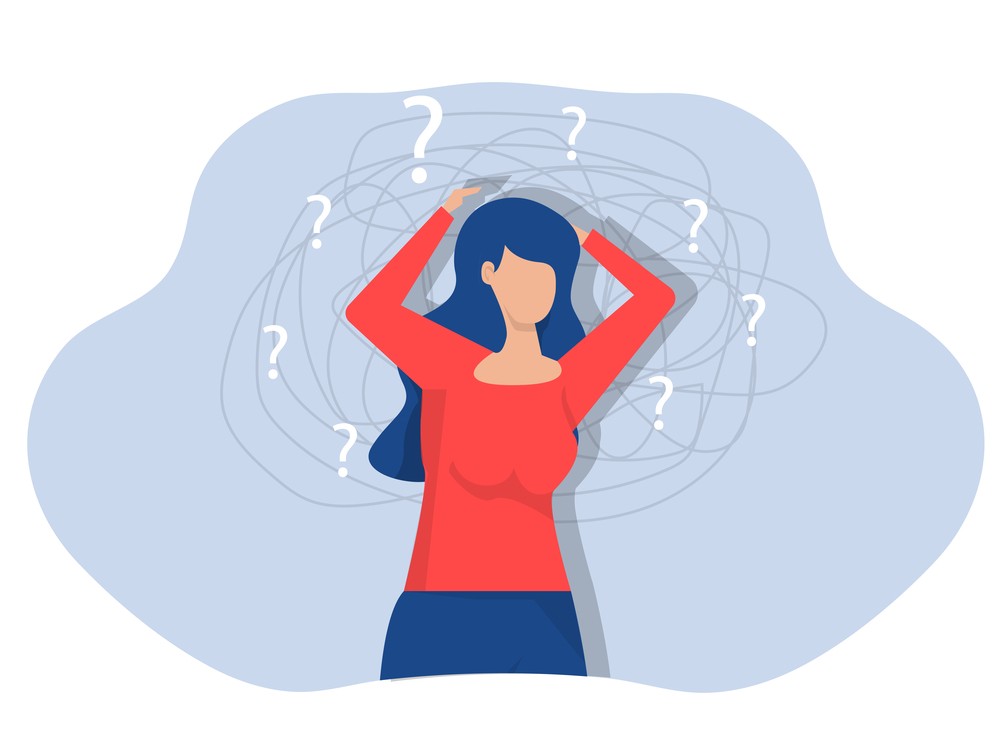 Can ADHD contribute to unfaithfulness in relationships?
Can ADHD contribute to unfaithfulness in relationships?
